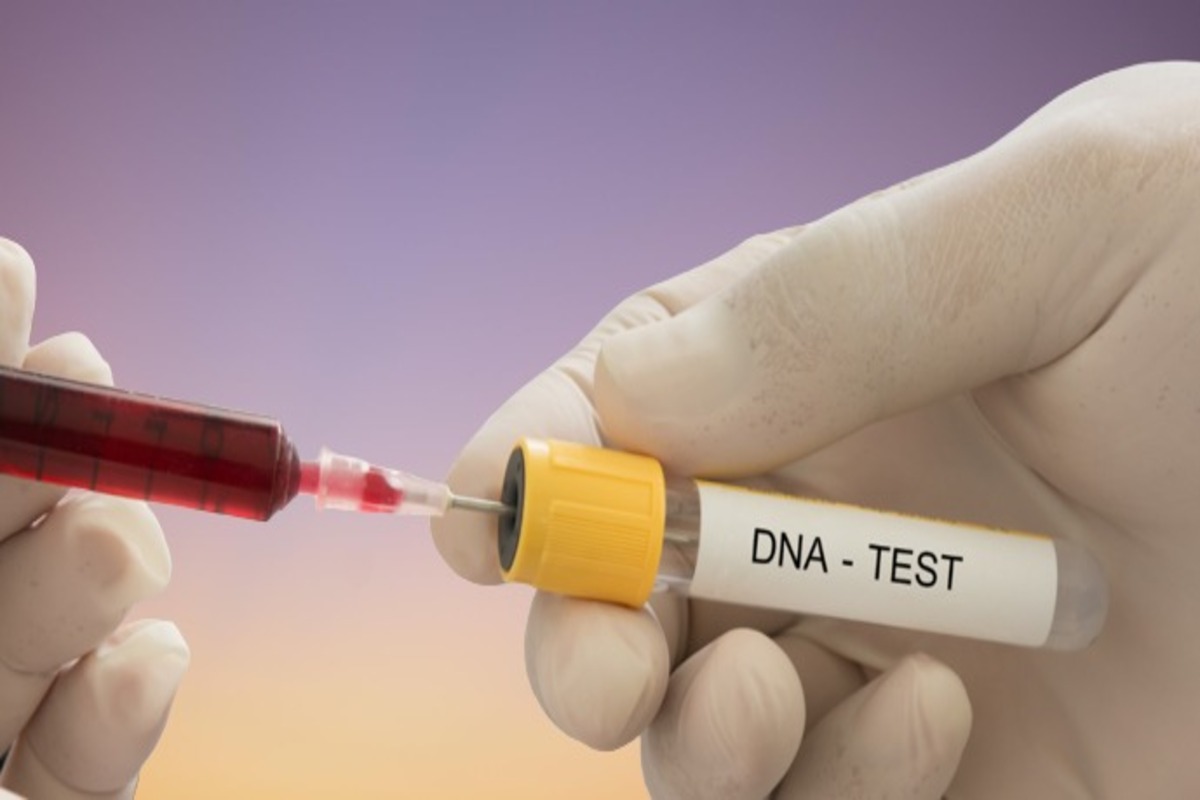DNA Test Reveals: Two years ago, Richard Beauvais’s daughter grew curious about their family history. She insisted on a home DNA test to discover his Indigenous ancestry. She considered an Indigenous tattoo. For years, Beauvais dubbed himself “half French, half Indian” or Métis. His grandparents raised him in a log house in a Métis settlement.
The DNA test results shocked Beauvais and shattered his identity. The test revealed that he was Ukrainian, Ashkenazi Jewish, and Polish, which threw his explanation off. Beauvais, a strong British Columbia businessman and commercial fisherman, shrugged this off as a mistake and moved on.
Manitoba experienced a similar event. Eddy Ambrose too had strong family history beliefs until a DNA test disproved them. Because he grew up with Ukrainian folk tunes, Ukrainian Mass, and pierogies, Ambrose was astonished to learn he might be Métis.
The test website brought Beauvais and Ambrose together. After letters, heartbreaking phone calls, and many sleepless nights, they discovered they were exchanged at birth.
This thrilling sequence of events began 67 years ago at a remote Canadian hospital. Beauvais and Ambrose were born within hours of each other but went home with the incorrect parents without realizing it. They lived the other’s life as they aged.
Beauvais and Ambrose lived together for over six and a half decades without knowing it. Canada’s harsh Indigenous policies hurt Beauvais’ childhood. However, Ambrose had a joyful, Ukrainian Catholic-influenced upbringing. He was clueless about himself.
Both men had identity crises after the genetic news. They must face the far-reaching ramifications of this long-standing wrong while putting their pasts back together. Beauvais laments losing his childhood memories, while Ambrose mourns the life he never had.
Their uneasy initial call became a surprise friendship. Beauvais’s trademark humor lightened the tone and made it easier to communicate. Both men wanted to keep this hidden, but they understood they had to face their new truth.
Chance Meeting, Beauvais and Ambrose were exchanged at birth in Arborg, Manitoba. Camille and Laurette Beauvais, French Canadian and Métis, and James and Kathleen Ambrose, Ukrainian, had boys. No one realized their lives would change.
Camille and Laurette Beauvais’ home had Métis traditions, whereas James and Kathleen Ambrose’s had Ukrainian ones. Beauvais grew raised in a log house where everyone spoke Cree and French and Fisher Branch was wild. Rembrandt’s accomplishment made Ambrose proud of his Ukrainian ancestry.


READ MORE: South Carolina DUI Tragedy: Wedding Day Dreams Crushed in Fatal Accident”
Beauvais and Ambrose were switched at birth that awful day, changing their lives forever. Beauvais was adopted by the Pools, who loved him. Their care helped Ambrose, whose parents were Ukrainian immigrants. He accepted his Ukrainian heritage beautifully.
Beauvais and Ambrose proceeded on a self-discovery trip after discovering who they were. Former upholsterer Ambrose sought his Métis ancestry. He found a biological sister and learnt Métis skills. People are suing Manitoba for respect, an apology, and money for how the name change impacted them.
Both men struggle to understand the past and fit in. Ambrose wants Métis status despite the provincial government’s reluctance. Even though Beauvais is proud of his surprising Ukrainian origin, he keeps grounded in reality and cherishes his life, despite its unexpected turns.
Since switching names, Beauvais and Ambrose have discovered new things about themselves. Genetic testing helps them understand their tangled pasts and discover who they are. Their story reflects identity, history, and the unknown future beyond DNA.
Our Reader’s Queries
What does a DNA screen reveal?
Genetic testing is the study of your DNA, which contains the blueprint for your body’s operations. This type of testing can uncover alterations (mutations) in your genes that could lead to sickness or medical conditions.
What is the DNA test that tells you your history?
AncestryDNA simplifies the process of tracing your ethnic roots and boasts the most extensive database for connecting with relatives. However, it lacks the ability to distinguish between your mother’s and father’s family lines, and there’s a possibility that the company could profit off of your DNA information if you choose to participate in its research initiative.
What can reading your DNA tell us?
By analyzing your DNA, you can uncover the roots of your ancestry and unravel the geographical origins of your forefathers. An ethnicity estimate reveals the extent to which your DNA matches with various global populations. The greater the resemblance, the stronger the chance of shared ancestry.
Can a DNA test tell you your ethnicity?
Ethnicity is a complex sociocultural element that evolves over time and is not solely based on biology. Many individuals have diverse ethnic and ancestral roots, making it challenging for DNA tests to fully encapsulate their complete story.

